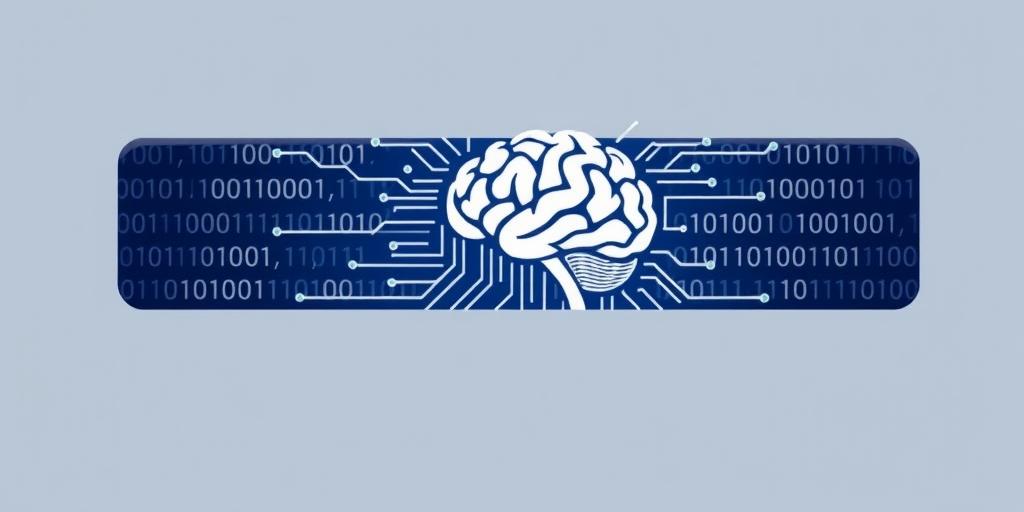The Ethics of Algorithmic Decision-Making
Algorithmic decision-making (ADM) systems are increasingly prevalent in various sectors, ranging from finance and healthcare to criminal justice and education. These systems use algorithms to automate or assist in making decisions that were once the sole purview of human beings. While ADM offers the potential for increased efficiency, consistency, and scalability, it also raises significant ethical concerns that must be addressed proactively.
What is Algorithmic Decision-Making?
At its core, algorithmic decision-making involves using computer algorithms to process data and generate outputs that inform or determine decisions. These algorithms are often trained on large datasets, allowing them to identify patterns and correlations that humans might miss. The algorithms can then be used to predict future outcomes, classify individuals, or recommend actions.
Benefits of Algorithmic Decision-Making
- Efficiency: Algorithms can process vast amounts of data much faster than humans, leading to quicker decisions.
- Consistency: Algorithms apply the same criteria to every case, reducing the potential for human bias or error.
- Scalability: ADM systems can be easily scaled to handle large volumes of decisions, making them suitable for applications with high demand.
- Data-Driven Insights: Algorithms can uncover hidden patterns and correlations in data, providing valuable insights that inform decision-making.
Ethical Concerns
Despite the potential benefits, algorithmic decision-making raises several ethical concerns:
- Bias: Algorithms are trained on data, and if that data reflects existing societal biases, the algorithm will likely perpetuate and even amplify those biases. This can lead to discriminatory outcomes, particularly for marginalized groups.
- Transparency: Many ADM systems are complex and opaque, making it difficult to understand how they arrive at their decisions. This lack of transparency can erode trust and make it challenging to identify and correct errors or biases.
- Accountability: When an algorithm makes a decision, it can be challenging to determine who is responsible for the outcome. Is it the programmer who wrote the algorithm, the organization that deployed it, or the algorithm itself? This lack of accountability can make it difficult to address harm caused by ADM systems.
- Privacy: ADM systems often rely on large amounts of personal data, raising concerns about privacy and data security. Individuals may not be aware that their data is being used to make decisions about them, or they may not have control over how their data is used.
- Fairness: Algorithms can perpetuate systemic inequalities if they are not designed and implemented with fairness in mind. Ensuring that ADM systems are fair requires careful consideration of the potential impacts on different groups and the implementation of measures to mitigate bias.
Mitigating Ethical Risks
Addressing the ethical concerns associated with algorithmic decision-making requires a multi-faceted approach:
- Data Audits: Regularly audit the data used to train ADM systems to identify and correct biases.
- Transparency Measures: Strive for greater transparency in ADM systems by documenting how they work and providing explanations for their decisions.
- Accountability Frameworks: Establish clear lines of accountability for the decisions made by ADM systems.
- Privacy Protections: Implement robust privacy protections to safeguard personal data used in ADM systems.
- Ethical Guidelines: Develop and adhere to ethical guidelines for the design and deployment of ADM systems.
- Human Oversight: Incorporate human oversight into ADM processes to ensure that algorithms are used responsibly and ethically.
Conclusion
The ethics of algorithmic decision-making are complex and multifaceted. While ADM offers many potential benefits, it also raises significant ethical concerns that must be addressed proactively. By implementing measures to mitigate bias, promote transparency, ensure accountability, and protect privacy, we can harness the power of algorithms for good while minimizing the risk of harm.









